A senior fire officer is calling for vigilance from the public after crews across Hampshire saw a five-fold increase in wildfires compared to last year.
Hampshire and Isle of Wight Fire and Rescue Service tackled 23 wildfires in a single week.
The service’s wildfire lead officer Larry Mackrell said both weather conditions and human behaviour played a part in the increase.
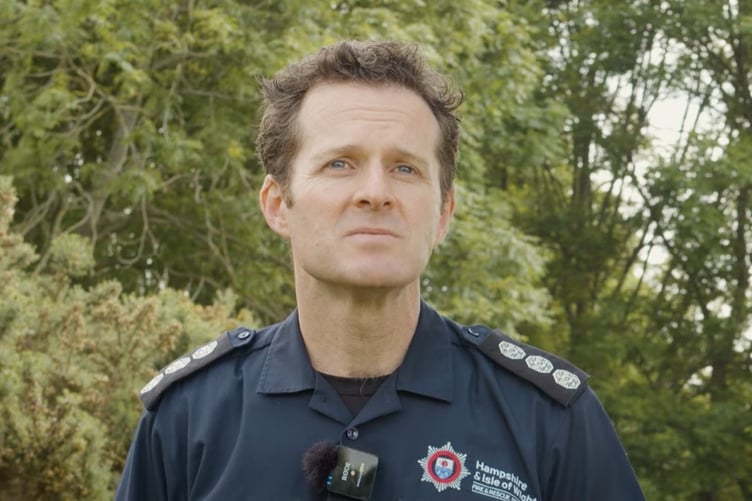
He told the Local Democracy Reporting Service wildfire incidents in early July were five times higher than in 2024.
This included the wildfire that broke out in Beaulieu, where flames rose high above fire engines and affected a 60 metre by 40 metre area of gorse – almost ten times the size of a tennis court.
“We’re seeing an awful lot of wildfires, and that replicates across the country,” Mr Mackrell said.
“For a long period, we’ve been under an umbrella, which means if wildfires do occur, they’re likely to develop quickly and get quite difficult to put out.”
In his role, the group manager is responsible for implementing effective tactics for wildfire response, focusing on optimal resource management, and promoting a deeper understanding of how incidents may develop.
According to the National Drought Group, England saw only 57 per cent of the long-term average May rainfall, and spring was the driest since 1893, when Queen Victoria reigned.
Although rain at the end of May and the start of June improved the situation briefly, hotter days and strong winds, combined with dry terrain, have created the perfect environment for wildfires at the height of summer.
However, weather conditions are not the only factor responsible for fires; human behaviour is, Mr Mackrell said.
“A lot of the time we attend these wildfires is down to human behaviour, it would be down to people having barbecues where they shouldn’t have barbecues or having campfires or maybe not extinguishing smoking materials.”
Mr Mackrell said it was important to educate people on how to respond, what they can do to help the service and what to do to stop a wildfire from starting.
Advice includes calling 999 and describing the fire in as much detail as possible, including what is on fire, which way it is heading and how “we can get there smooth and quickly”.
He also said the What3Words app can provide the exact location.
To tackle wildfires, all teams in the service undergo wildfire training at the beginning of the wildfire season, which is not long after Christmas, in early spring.
Training includes understanding the terrain and the risks, as well as how to control those risks by implementing measures. It also covers how weather might affect wildfires and how different fuels can impact them.
The service also has special wildfire vehicles at different stations in Rushmoor and the New Forest, and Land Rovers which can be used to access difficult sites.
In recent years, Hampshire and Isle of Wight Fire and Rescue Service has built up a relationship with a team in Oregon, USA, and run exchanges with them to learn about wildfires and how they respond to other types of incidents.
Mr Mackrell said it had been really positive to bring learning back from the other side of the Atlantic Ocean.
Two years ago, they also sent a team to Australia to examine various aspects of the fire service, including wildfire response, tactics used, and community messaging.
While the brigade would like to see people outside and enjoy the countryside, they want people to be responsible, Mr Mackrell said.
“We live in a lovely part of the world,” he said “The New Forest is lovely, lots of open areas around the cities, but we want people to be responsible.
“So leave barbecues at home, take a picnic instead, tidy up after yourself.
“Sometimes the sun refracting into a bottle can start a fire so take your litter home.
“Be very careful with smoke materials, don’t ever barbecue anywhere, you are not allowed to have them in the New Forest and if you do discover one call us, give us as much detail as possible to get us there really quickly.”
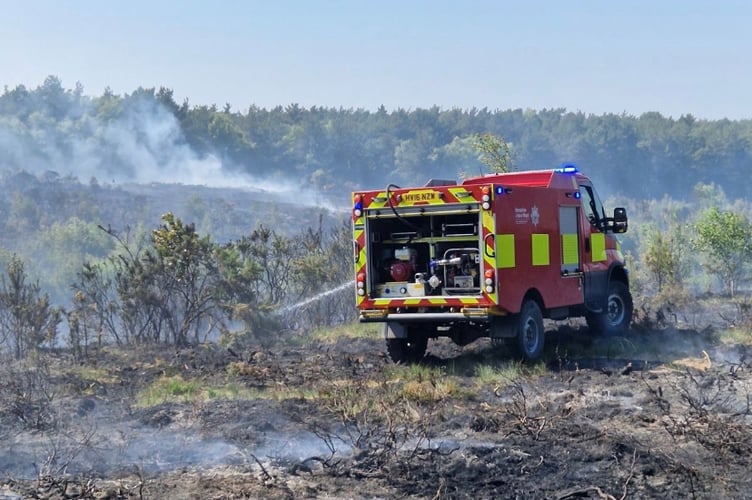
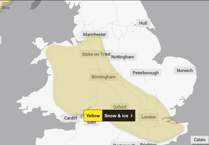
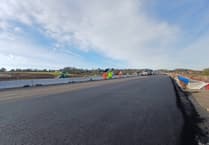
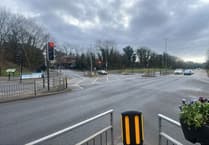
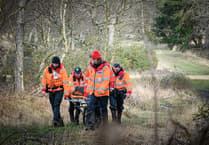
Comments
This article has no comments yet. Be the first to leave a comment.